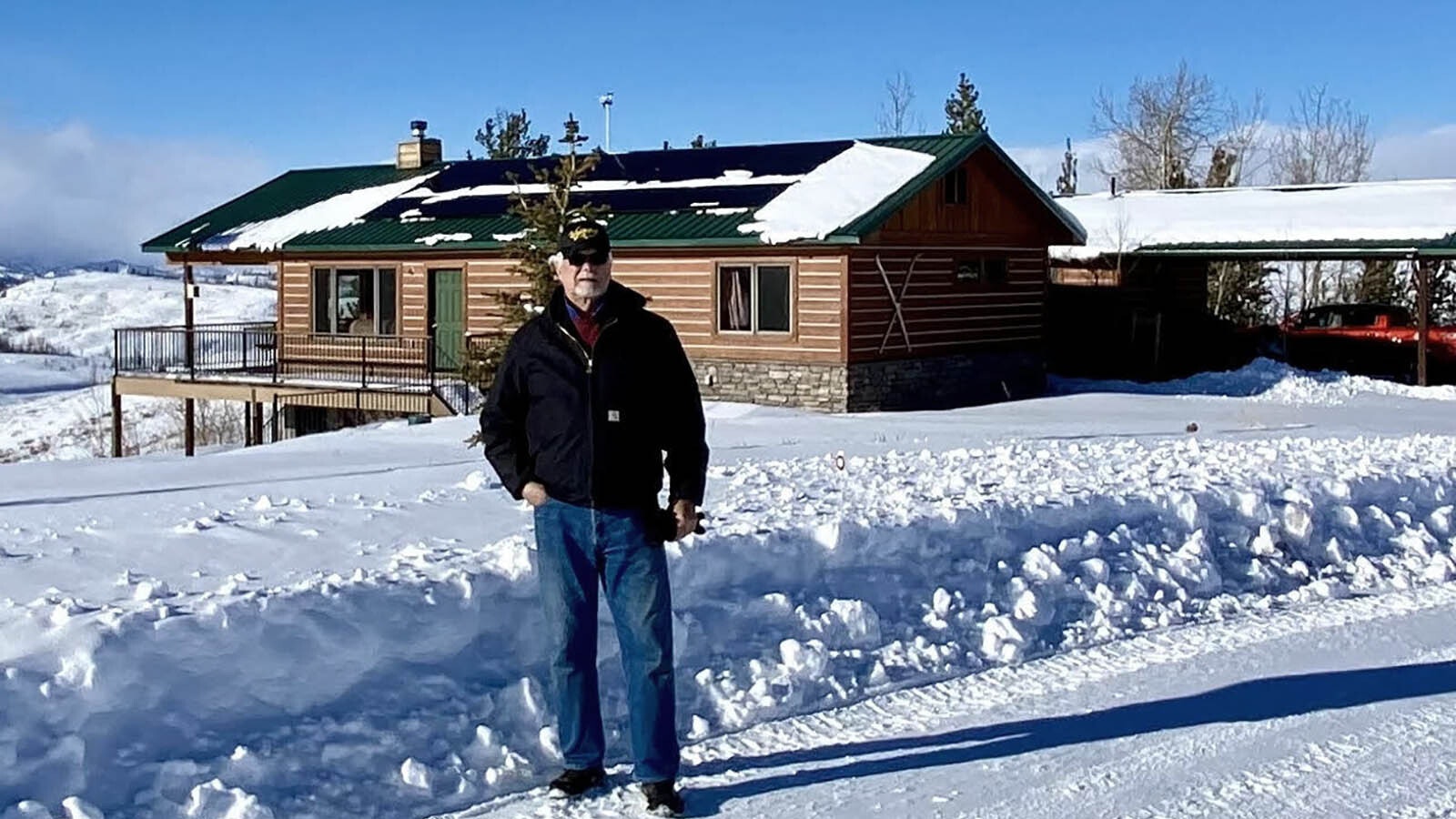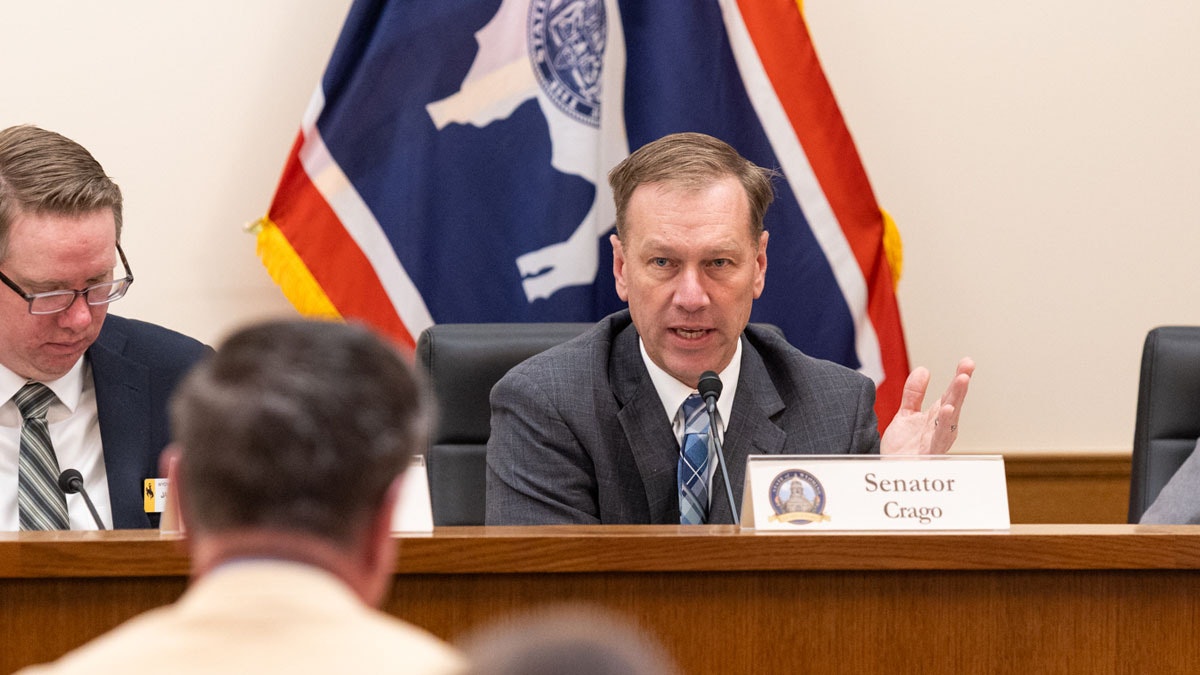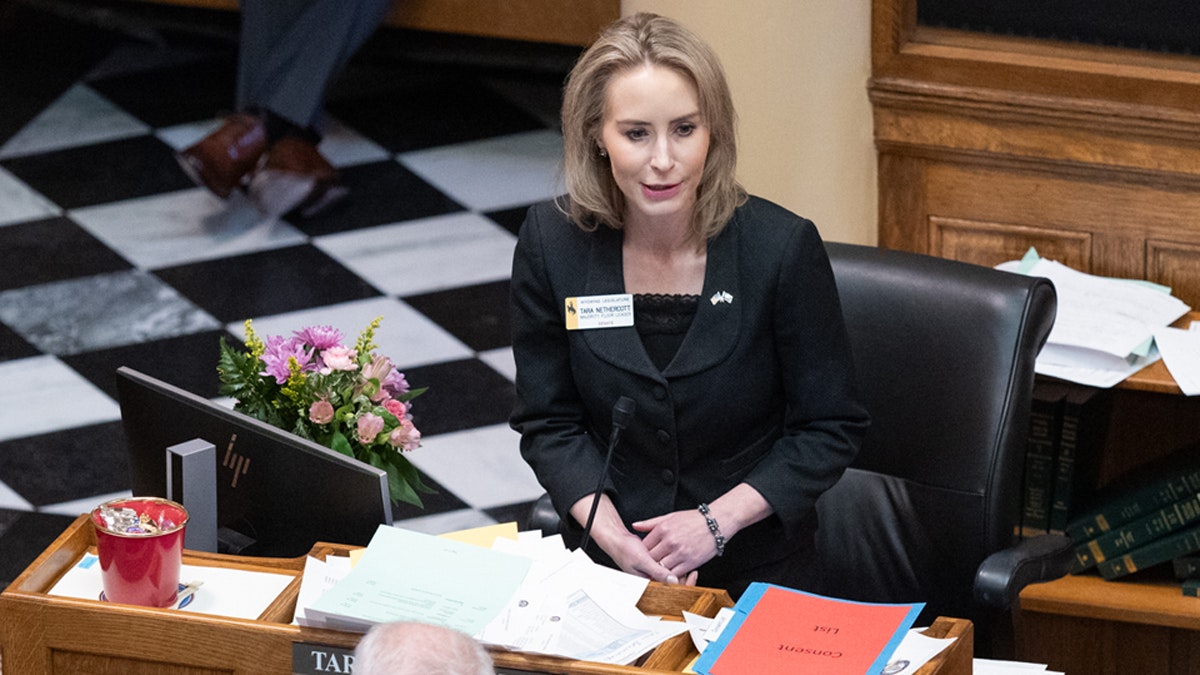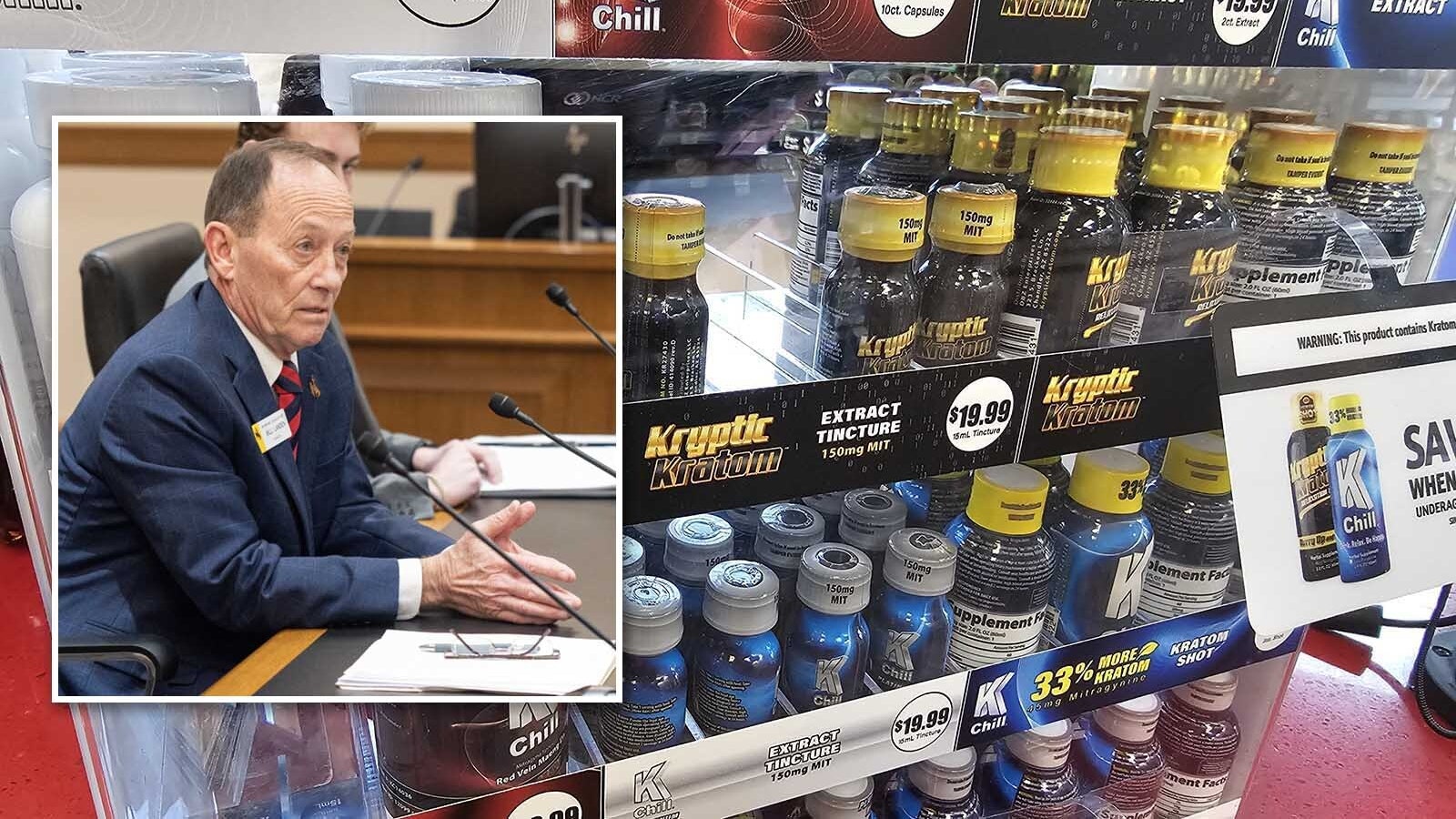Other than the state’s biennial budget, property tax relief is the hottest topic entering the 2024 legislative session, with a new ballot initiative that would slash property assessed values by 50% drawing both backlash and support throughout Wyoming.
As politicians haggle about how best to address property tax rates that have skyrocketed in some parts of the state in recent years, Cowboy State Daily spoke to three Wyoming homeowners about what they believe is the best approach to property tax relief in Wyoming.
Skyrocketing Increases
Buffalo resident Thomas Moore said his property taxes have roughly tripled since he bought his home in 2016. He said most of these increases have happened over the past four years.
Bondurant resident Jim Jacobson said his property taxes went down after the 2018 Roosevelt Fire. In the years since, they’ve shot back up, more than doubling from 2020-2023. The last assessment saw taxes increase by 37% from the year before.
Although Jacobson said he can afford the increases, for someone living on a fixed income and or without much retirement money saved up, these increases can be devastating. They also can be difficult for newer homeowners who may be doing everything they can just to pay their mortgages each month.
Star Valley resident Mark Massey, 70, worries if property tax bills continue to swell at their current pace, he will be forced to sell his home even though he still works full time.
“It burns me to think what will happen next year,” he said.
Massey, a self-described conservative, is so serious about the property tax cause that he will vote for any candidate — Democrat or Republican — who can provide permanent property tax relief.
“It doesn’t just affect homeowners, it affects everyone that lives in Wyoming,” he said.
Solutions?
Jacobson believes the state needs to offer a larger tax exemption for military veterans. He also said tax rates could be assessed upon a homeowner’s income level.
The state already offers a property tax rebate program for those who make 125% or less of the median household income for their county or statewide average, whichever is greater.
Jacobson said the fact that homeowners must apply to participate in either of these programs disincentivizes them from participating.
He has mixed feelings about the ballot initiative. On one hand, Jacobson said he would love an opportunity to get a property tax break. On the other hand, he questions what it would do to the state’s budget and would like to see more tailored options rather than a sweeping 50% reduction.
The ballot initiative, as estimated by the Wyoming Department Revenue, will cause a $143 million hit to statewide revenue in its first year of implementation in 2025. This estimate is based on the assumption that every homeowner eligible for the program would participate in it.
Massey said his most preferred solution would be for an acquisition value-based taxation system in Wyoming, which he believes would force local governments to control their spending. As a young homeowner in California in 1978, he voted to support a similar measure there that passed known as “Proposition 13.”
Jerimiah Rieman, executive director of the Wyoming County Commissioners Association, said when California passed that lower taxation structure, it had to raise taxes elsewhere shortly after.
Massey disagrees, but said even if that was the case, he didn’t notice it despite making a relatively low wage.
He still owns a second home in San Diego, and noted how although his property in California is worth much more, the property taxes are now about the same as his residence in Wyoming after his tax bill here was previously about half.
Moore has no solutions to the property tax dilemma in Wyoming. What he does know based on his own experiences as a homeowner and the experiences of others throughout the West is that property tax caps and reductions are not a magic bullet.
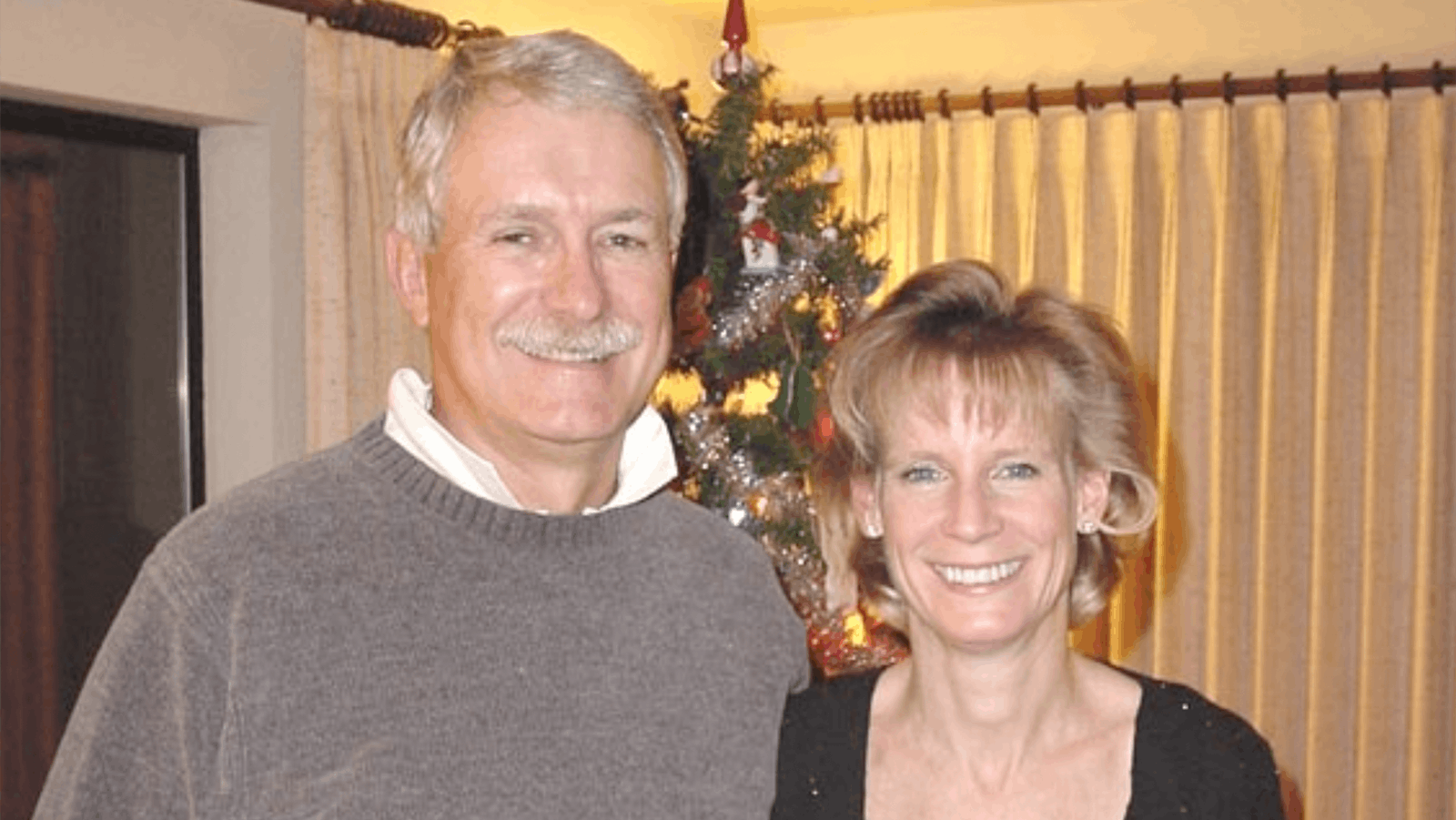
Sound Familiar?
Moore said capping assessed values will help long-term homeowners but worries it will hurt new homebuyers.
He draws this conclusion based on his move from Utah to Oregon in 1985, a time when he said many Californians were also moving to Oregon. Not unlike a phenomenon seen in Wyoming over the last few years, people would sell their homes in California at a premium and then buy in Oregon for much cheaper, while still often offering more than the listed price on their homes.
As home prices started to increase, so did the property taxes.
In 1997, Oregon instituted a ballot measure limiting the assessed value on residential properties to a no more than 3% increase per year in most scenarios.
Tax Cuts Lead To Tax Increases?
Although it undeniably helped homeowners, Moore said that practice also led cities and counties to start assessing homes at inflated rates to support their local budgets.
He also said the influx of new residents and inflated assessed valuations created a real estate market where new homes were being sold at inflated rates.
What happened in Oregon, Moore said, also resulted in local governments charging for more services than they had in the past and instituting new taxes.
Moore and Jacobson believe that whether or not Wyoming has a property tax cap, the state will just find another way to raise revenue from taxpayers.
Some like Ashley Harpstreith, executive director of the Wyoming Taxpayers Association, and state Rep. Clark Stith, R-Rock Springs, have gone further by suggesting that if the ballot initiative passes, it could possibly lead to Wyoming implementing a state income tax at some point down the road.
How To Handle?
Rieman and Harpstreith believe property tax reform should happen through the Legislature to allow for a fully discussed conversation on the matter.
“Wyoming’s founding fathers gave us a representative democracy for a reason,” Harpstreith said. “We elect legislators to address these issues because most of us lack the time, expertise or desire to understand the complexities of every issue facing the state.”
Rieman also believes people supporting the initiative are being disingenuous by saying property tax revenues go into state coffers to operate Wyoming’s government in general.
A total of 69% of property tax revenue goes to education while the remaining goes to local city and county governments.
Massey believes none of these entities can justify the increase in revenue they’ve received over the last four years.
Both Moore and Jacobson agree that governmental services have to be funded at some level by taxpayer dollars, but Moore said there is a lack of trust with many Americans about how local governments calculate their budgets.
Rieman said lower income counties like Niobrara and Washakie only saw a $43,000 to $280,000 increase in revenue from property taxes from 2018-2023.
“To say counties have gotten fat off residential property taxes is simply not true,” he said.
But he said it was this small difference that allowed Niobrara County to offer health insurance to county employees for the first time.
Sweetwater County is projecting a $5.6 million loss under the first year of the tax cuts.
“The amount of money they’re talking about to cut services, that’s a lot of services,” Jacobson said. “That’s a huge shortfall.”
A recent Consensus Revenue Estimating Group report shows a $30 million drop in mineral revenue in Wyoming in 2025, the first time in a few years this sector has dropped.
“We’re already seeing it go the other way,” said Sweetwater County Assessor David Divis of Wyoming’s financial picture.
Rieman agrees, and said the state’s finances are not nearly as strong as supporters of the initiative claim, and that the state can’t just refund local governments for all of their lost revenue.
“It’s simply improbable,” he said.
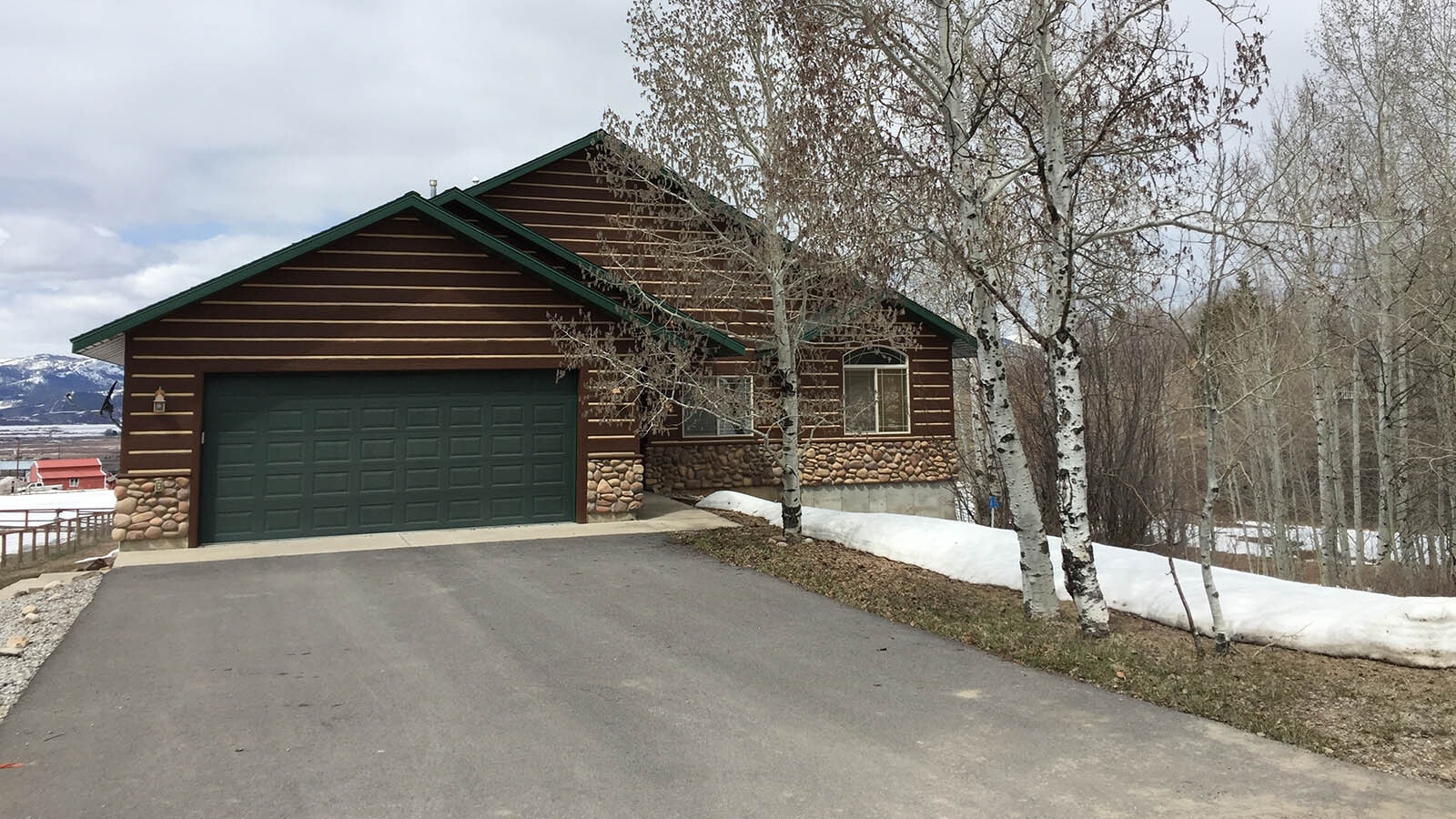
Could It Become Too Attractive?
Although to many, Wyoming’s property tax increases have been exorbitant in recent years, Jacobson mentioned how the state still has relatively low property taxes when compared to most other parts of the nation.
It’s Wyoming’s relatively low tax rates and complete lack of income tax that make the state an attractive place to move to for many people coming from more expensive locales.
Massey warns that if tax increases are allowed to continue as they have been over the last few years, current long-term homeowners will be forced to sell and will be replaced by California transplants.
“There will be so many transplants in Star Valley you can call it ‘San Fernando Valley,’” he said.
Cheyenne real estate agent Wendy Volk said when many prospective out-of-state buyers ask her what the typical property tax costs are in Wyoming, they express disbelief that the rates are not quarterly or monthly costs.
“When some people are saying ‘this is too much,’ others are saying ‘don’t change anything,’” she said.
But Volk also worries that rising property taxes will push out current homeowners, and said she’s never met anyone who moved to Wyoming solely because of the state’s tax rates.
Massey admits that taking direct action to reduce taxes could attract more transplant buyers from higher-priced markets. He believes the true property tax solution must come through a lower, fixed-rate tax structure.
“The last thing we want is to have to decide where else to live, should they continue to rise so unpredictably,” he said.

Leo Wolfson can be reached at leo@cowboystatedaily.com.

